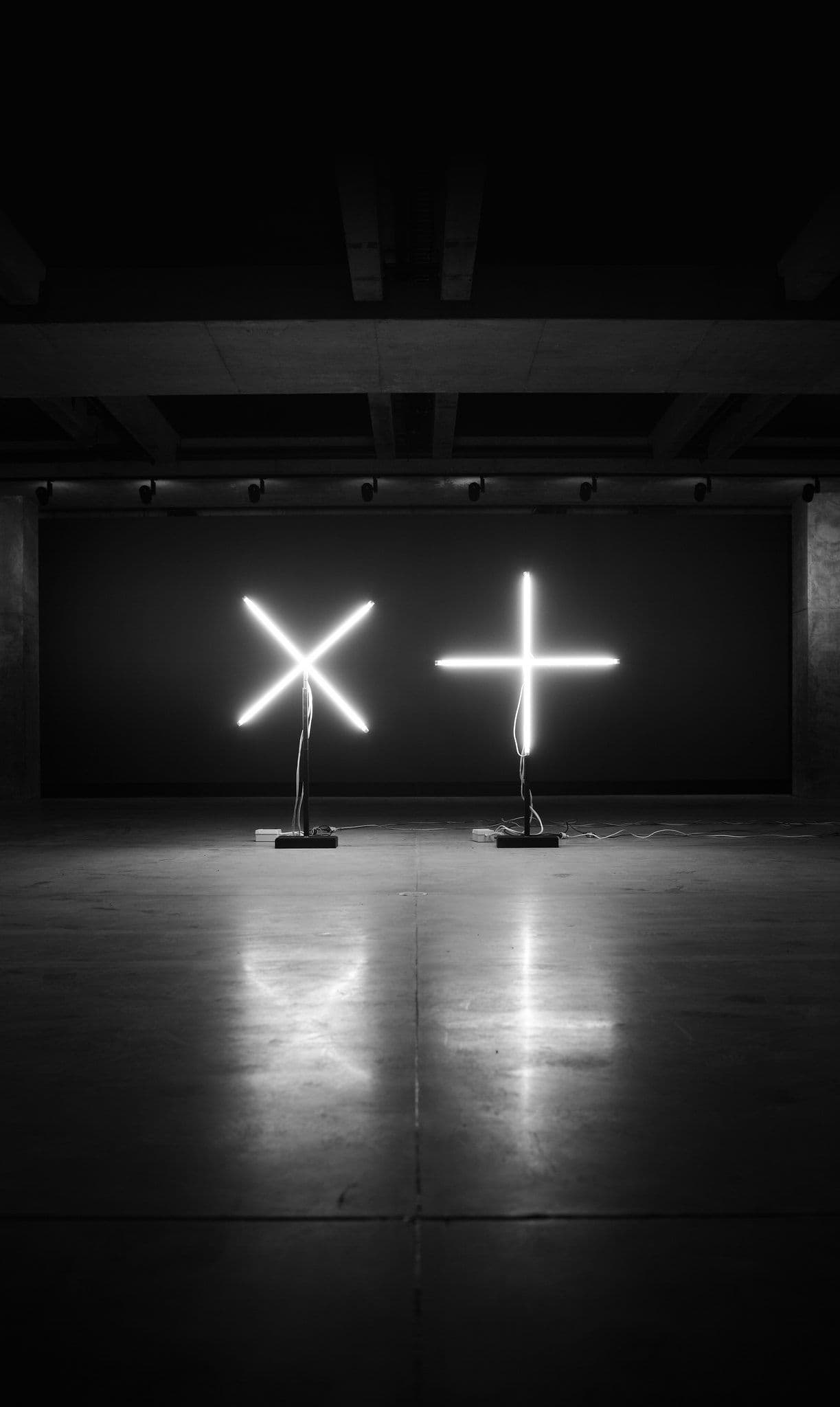David's response to Union Flag

Two years ago, among a bunch of art projects for Dark Mofo, I was briefed about Santiago Sierra’s Union Flag. I didn’t think much about it at the time. It came from his schema (we have a work of his at Mona that looks at skin colour versus income—I don’t think it’s a surprise that darker skin is correlated with lower income). I thought the work, as proposed, was undisciplined and undernourished, and, perhaps, treading well-trodden ground. The work, then, proposed collecting blood from colonial subjects. This year, it proposed collecting blood from First Nations people. I barely noticed the difference. Naively, perhaps incredibly, I thought it would appeal to the usual leftie demographic. I approved it without much thought (as has become obvious).
A couple of weeks ago a boy I love, who is becoming my son, told a classmate whose mum had died that he was going to use her ashes to make a milkshake. The kid was offended, of course. Everyone else was disgusted, including me.
Emma Pike, a curator at Mona, sent me a letter denouncing Sierra’s project. It was co-signed by a bunch of Mona staff. I canvassed a few that didn’t sign, and they told me they supported it despite not signing. Perhaps those who didn’t sign were waiting for direction or, at least, comment, from me. Emma’s letter helped get me to this point. It read, in part:
This work is tone-deaf to the current fights for a treaty, equality, for Aboriginal-led conversations, and ultimately reconciliation (no matter how fraught this particular concept may be).
It is those things. But while hearing her voice in my head, I’m wondering, ‘Just because I started to think it’s poor art, do I get to kill it? We’ve presented lots of stuff I didn’t like. Art, particularly political art, is deeply subjective.’ I’ve silenced that voice. And the one that says this: ‘If we stick with the easy, the beautiful, the painless, we become a clone of state museology, and a vessel for mediocrity.’ I should not sway at the whim of criticism. But neither should I be impervious to it. I’m here, trying to learn from it.
I have been talking to Leigh Carmichael, director of Dark Mofo. He is suffering (but that’s self-inflicted, of course—many suffered because of us, and our privilege). He, like me, didn’t see the deeper consequences of this proposition.
I am the archetypal beneficiary of colonialism. And I’ve caught myself using that as an excuse for my ignorance. Do I ever have the right to express an opinion (even through art) when experience is lacking? I believe I do. But my ignorance does not empower me. I’m trying to understand, now, how I thought that Sierra’s work was worth staging. It’s going to offend someone (apparently, nearly everyone), but who could benefit? It wouldn’t be aesthetically powerful. And even that measly justification for malfeasance and mediocrity, the greater good, doesn’t apply here.
Had all this gone swimmingly: blood collected, naff anti-colonial point made, feedback positive, who would have benefited? Not First Nations people. They already know they’ve been fucked over by colonialism. Who then? Mona? Me.
That’s me drinking the milkshake. It’s no wonder everyone is disgusted. I’m sorry.